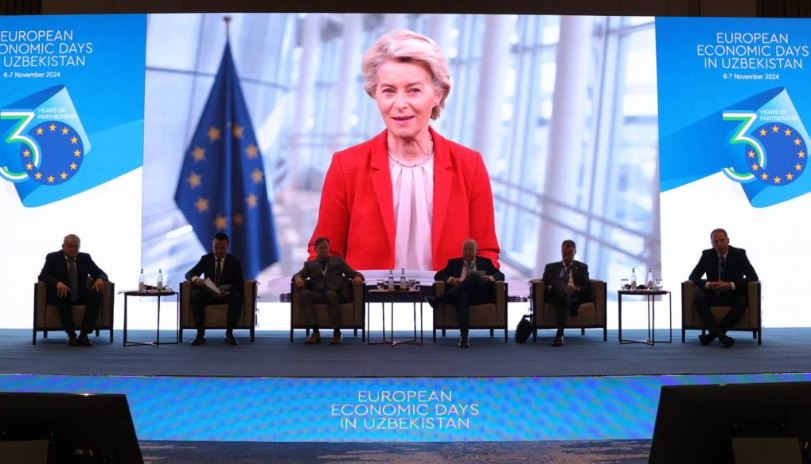In 2016, Uzbekistan’s economy has entered the phase of maximum liberalization of the legislation and improvement of the business climate, primarily for small businesses and private enterprises. The country has triggered a whole range of different measures aimed at further promotion of the ‘small economy’, which as much as provides jobs for most of the employed population today.
Experts point out that in the first years of independence, private enterprise did not virtually exist, while today more than half of the country’s GDP is produced by small businesses. Each nine of the ten economic entities is represented by a small business entity. Today, its share accounts for over 40% of industrial, and 98% of agricultural production.
This is the reason why the government and head of state attach so big importance to the development and full support of ‘small economy’. 2016 has been a milestone in this regard. In just a year, the country has streamlined the existing legal and financial mechanisms for the development of the sector, and initiated the absolutely new ones, which can bring it to a new level.
The consistent work on creation of a favorable business climate, provision of the priority of private property, the removal of barriers and obstacles to entrepreneurship has largely ensured the success of structural reforms and, as a consequence, the recognition of Uzbekistan’s progress by the leading international financial institutions.
In 2016, Uzbekistan has canceled dozens of permits and licensing procedures for doing business, introduced a simplified and transparent procedure for granting plots of land to business entities on competitive basis, connecting them to the engineering and communication networks on a turn-key basis, significantly expanded the scope of their financial support and loaning.
The ongoing measures on building a business environment, full support and stimulation of development of small businesses have promoted the establishment of 29,200 new small businesses in the first 11 months of the current year, which is 16.2% more YOY. The largest number of them was created in industry and construction (30.8%), trade sector (26.3%), agriculture, forestry and fisheries (10.5%), as well as in accommodation and food services (9%).
The establishment of the institution of Business Ombudsman at the parliament is another proof that Uzbekistan has been consistently pursuing the policy of democratization of the society. It is appropriate to note that not all democratically developed countries of the world have a similar supreme institution, so it has to be admitted in this context that Uzbekistan has made a crucial step toward strengthening the legal safeguards for the development of business and presentation of interests of business entities in the relationships with the state, law enforcement and regulatory authorities.
Meanwhile, the new leader has set a priority to continue the reforms on the further strengthening of protection of private property, elimination of barriers and obstacles to the development of entrepreneurship, ensuring the inevitability of responsibility of public officials for obstruction and illegal interference in business activities. This policy will undoubtedly be continued in the long term.
A package of new laws, including the law ‘On combating corruption’, ‘On public procurement’, ‘On public and private partnership’, as well as more than 30 legal acts on the further development of small business and entrepreneurship is currently being developed and prepared for approval.
The pursuance of reforms on promoting the accelerated development of entrepreneurship and quality improvement of the business environment will undoubtedly ensure the continuity and consistency of the course on the resolute elimination of administrative and artificial barriers to the further successful development of entrepreneurial activity as a key factor for sustainable growth of the economy of Uzbekistan, which was chosen by the first President of the country.


























